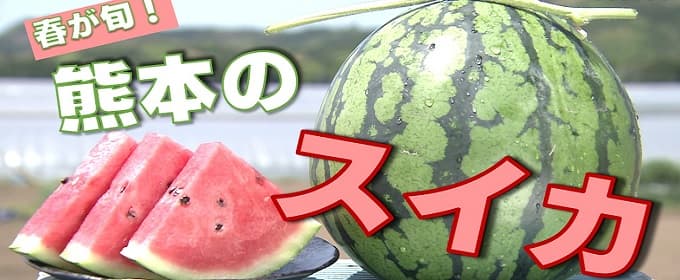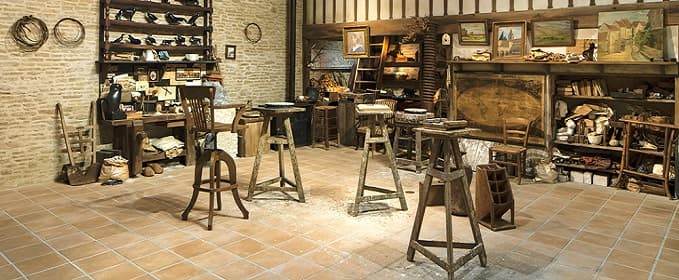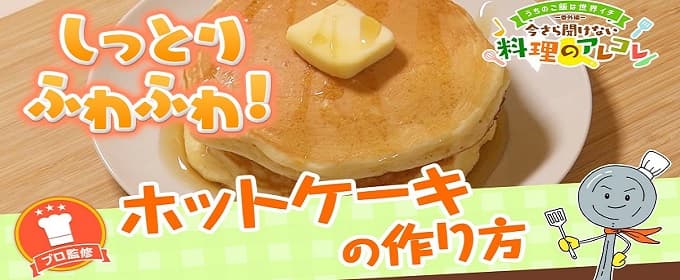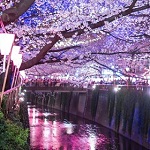Wasei-eigo and Gairaigo
There are various Wasei-eigo in Japan!
Japan has a variety of Wasei eigo which means Japanese-made English. Wasei-eigo are Japanese-language expressions that are based on English words, but do not exist in standard English. A baseball game played at night is called a "ナイター(nighter)" in Japanese, but the word "nighter" does not exist in English. The term is said to have first been used in the magazine named Weekly Baseball in 1950, and is still understood by the Japanese as "night game".
Wasei-eigo are in the Japanese language because Japan has long adopted foreign cultures in a way that is familiar to Japan. In ancient times, many cultural items were imported from China, and there are many words that are Japanese readings of their names. For example, the Chinese word for "watermelon" is called "西瓜", which is pronounced "shi-gua", but the Japanese reading of "suika(スイカ)" has taken root.

In the 16th century, the Portuguese arrived in Japan to preach Christianity and trade. There are many words that have taken root in their Portuguese language with Japanese pronunciation. The Japanese word for bread is "パン(pan)", it derived from the Portuguese word "pão". Tempura, a Japanese dish, is also derived from the Portuguese word "tempero."
Furthermore, some words differ slightly in meaning from the words from which they were derived. The Portuguese word "ombro," meaning shoulder, became "おんぶ(onbu)". The Portuguese word "a água jorra" meaning a spout of water, became "じょうろ(joro). However, "おんぶ(onbu)" means piggyback, "じょうろ(joro)" means a watering can in Japan.
Later, as trade with the Netherlands became more central, words of Dutch origin increased. The Japanese word for an active girl is "おてんば(otemba)," which is derived from the Dutch word "ontembaar. The word "じゃがいも(jyaga-imo)" means a potato is from Jacatra, "かばん(kaban)" means a bag is from kabas, and the "ランドセル(randoseru)" means a backpack is from ransel, all of which have Dutch origins.
After the Meiji period, Germany, France, England, and the United States became the center of imported culture. In German, "Generalprobe," meaning a rehearsal for a stage pass, was abbreviated to "ゲネプロ(Genepro)". "Gelände" meaning terrain, became "ゲレンデ(gerende)" meaning snowy mountain, and "Arbeit" originally meaning labor, became "アルバイト(aru-bite)" menaing temporary work.
In French, the word "アンケート(ankueto)" which means questionnaire in Japanese, is derived from the French "enquête". The French word "atelier" meaning workshop became "アトリエ(atorie)" meaning art studio. "Sabotage" meaning subversive activity was mutated and abbreviated to "サボる(saboru)" meaning to be lazy.

The most common of these foreign languages made in Japan is English, which has created many words that are not used in their native language. An office worker is called "サラリーマン(Salary man)", a ticket agency is called "プレイガイド(Play guide)", a commuter town is called "ベッドタウン(Bed town)", and a wake up call is called "モーニングコール(Morning call)" in Japan.
In the name of the consumer electronics, a microwave oven is called "レンジ(Range)", a hair dryer is called "ドライヤー(Dryer)", an air conditioner is called "エアコン(Air-con)" or "クーラー(Cooler)".
In the name of the foods, a french fries is called "フライド・ポテト(Fried potato)", a corn dog is called "アメリカン・ドッグ(American dog)", a pancake is called "ホットケーキ(Hot cake)", a soft serve ice cream is called "ソフトクリーム(Soft cream)" in Japan.

In the name of clothes, a sweat shirt is called "トレーナー(Trainer)", a hoodie is called "パーカー(Parker)", a dress shirt is called "ワイシャツ(Y shirt)", a zipper is called "チャック(Chuck)" in Japan.
On the other hand, English words derived from Japanese have appeared. These include Ninja (忍者), Aikido (合気道), Geisha (芸者), Kabuki (歌舞伎), Natto (納豆), and Haiku (俳句). Some traditional Japanese culture is directly translated into English.

Recent phenomena are also incorporated into English, Anime(アニメ), Cosplay(コスプレ), Bishoujo(美少女), Gyaru(ギャル), Kawaii(可愛い), and Otaku(オタク). There are also many words related to youth culture that have been translated into English.
Japanese-invented objects and technologies are also beginning to permeate English-language society. These include Emoji (絵文字), Bento (弁当), Onigiri (おにぎり), Kanban (かんばん), and Shinkansen (新幹線).
Wasei eigo is troublesome to foreigners and travelers because it can be a source of misunderstanding in conversation. For foreigners studying Japanese, it can be daunting to learn a language that is a mixture of Chinese, Portuguese, Dutch, German, French, and English. However, some of them are interesting, such as American Dog and Chuck. You should consider that as another attraction of Japan.
 Opening Lake
Opening Lake April Fool's day
April Fool's day Hanami
Hanami Baseball
Baseball